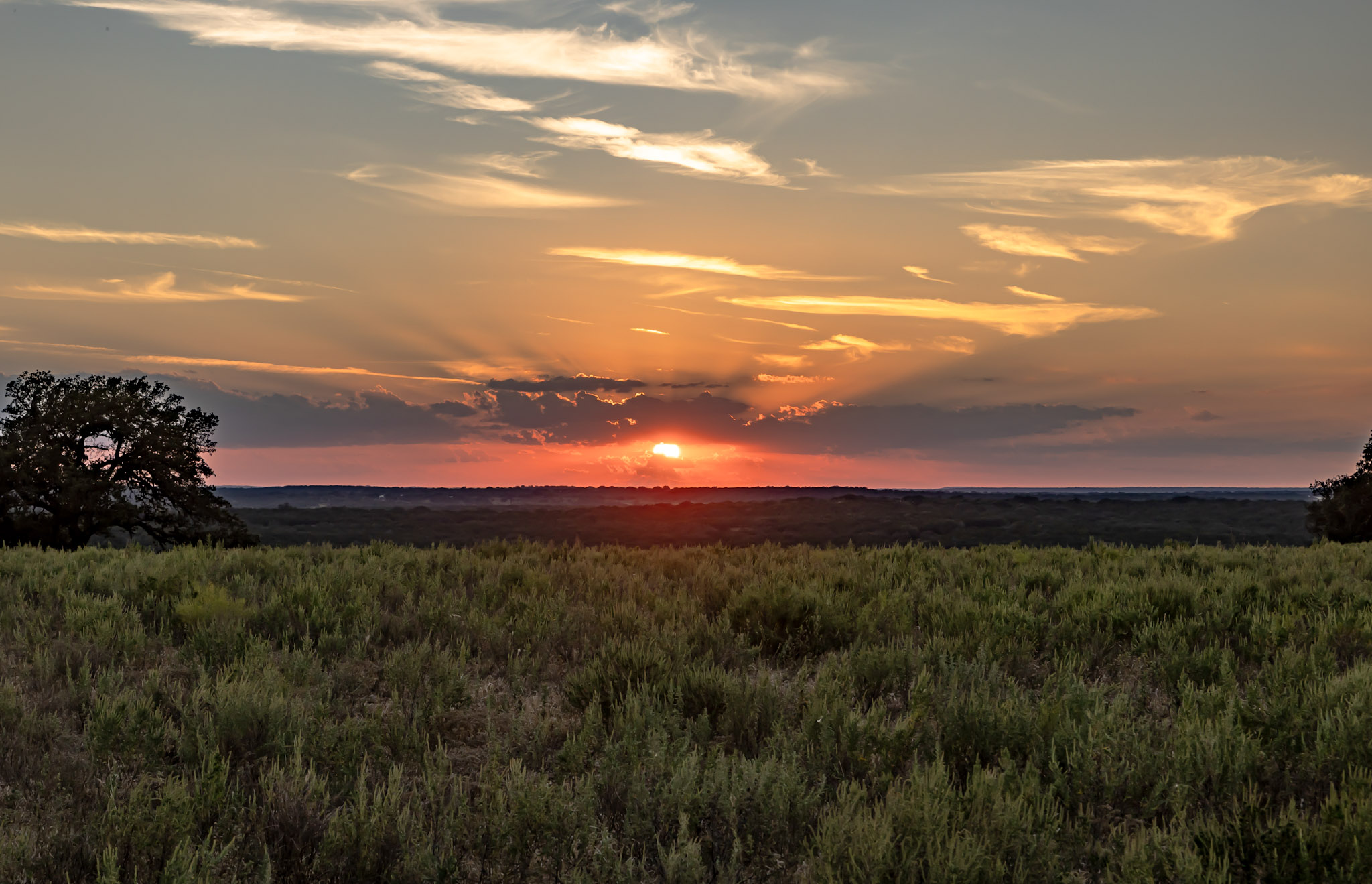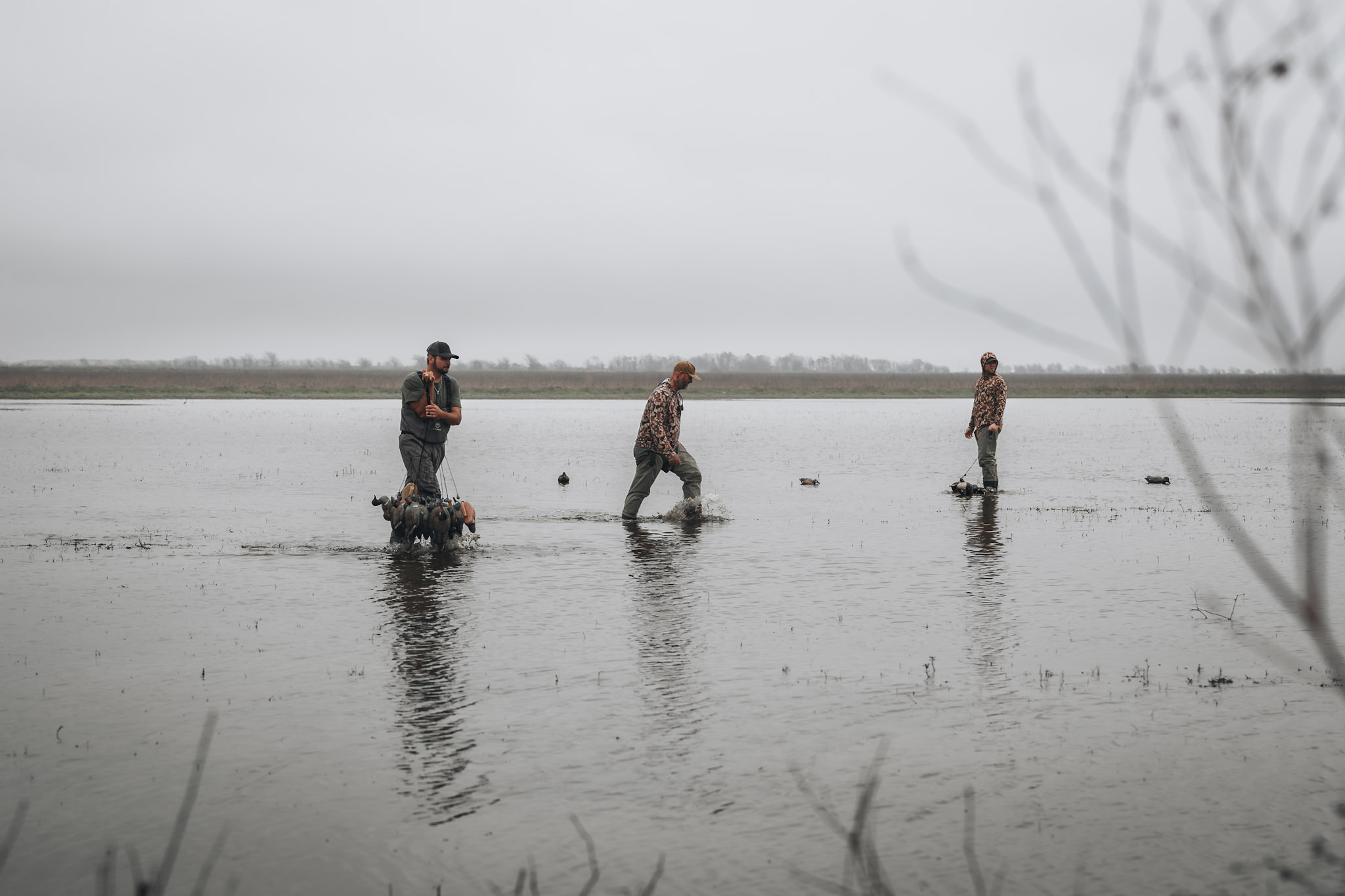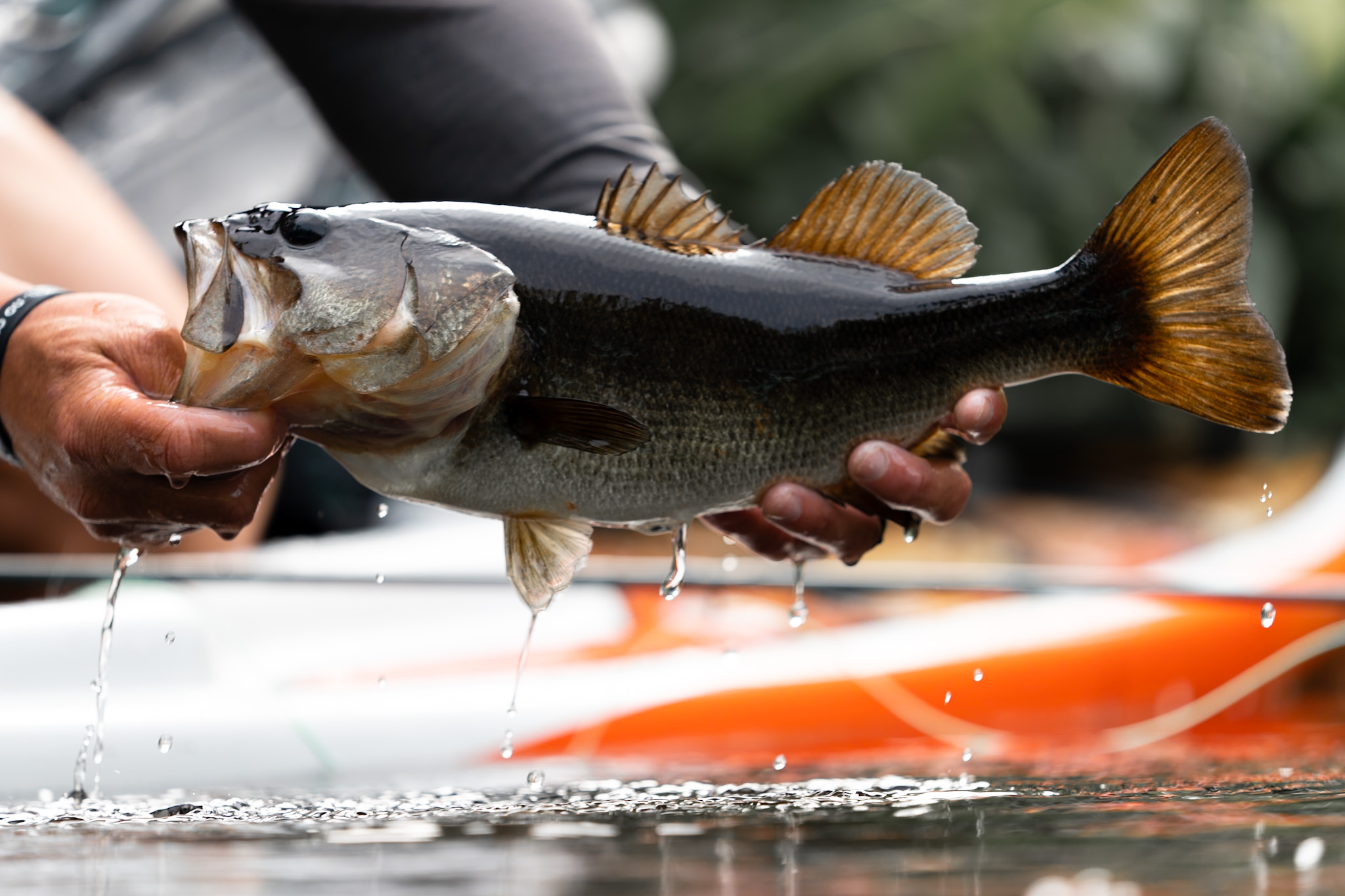How to Start Making Money on Your Land
From leasing land for grazing to selling carbon credits, here are some of the best ways to turn your property into a profitable venture.

How to Start Making Money on Your Land: New Revenue Streams for Landowners
If you own land, you have a valuable asset that can generate income in ways you might not have considered. Whether you have farmland, pastureland, or woodlands, there are multiple opportunities to create sustainable revenue streams beyond traditional farming. From leasing land for grazing to selling carbon credits, here are some of the best ways to turn your property into a profitable venture through BirdDog.

1. Cattle Grazing & Livestock Leasing
If you have open pastureland, leasing it for cattle grazing can provide a steady income without requiring you to own livestock. Ranchers often seek additional grazing space, especially during certain seasons. You can lease your land at a per-acre rate or per head of cattle.
Additionally, livestock leasing allows farmers or ranchers to rent animals for breeding or meat production. If you have the infrastructure, you can also offer short-term leases for rotational grazing, which can improve pasture health and soil fertility.
Getting Started:
- Assess the carrying capacity of your land to determine how many cattle it can support.
- Partner with local ranchers who need additional grazing land.
- Implement rotational grazing practices to maintain healthy pastures.
- Set up fencing, water access, and necessary permits.

2. Diversified Farming and Specialty Crops
Traditional row crops are not the only way to make money from farmland. Consider diversifying into specialty crops like organic vegetables, fruit orchards, herbs, or medicinal plants. These niche markets often bring higher profit margins than commodity crops.
You can also lease portions of your land to small-scale farmers, community-supported agriculture (CSA) programs, or even agritourism ventures.
Getting Started:
- Research local market demand for high-value crops.
- Invest in soil testing and proper irrigation systems.
- Consider organic or regenerative farming practices for premium pricing.
- Partner with local farmers’ markets, restaurants, or direct-to-consumer sales platforms.

3. Hunting Leases & Outdoor Recreation
If your land has wildlife, offering hunting leases can be a lucrative option. Many hunters are willing to pay for access to well-managed land for deer, turkey, and waterfowl hunting.
Other recreational opportunities include fishing, camping, off-road trails, and guided outdoor experiences. Creating a private membership or day-pass system can generate ongoing revenue while preserving your land’s natural beauty.
Getting Started:
- Ensure your land meets state wildlife and conservation regulations.
- Establish clear lease agreements outlining season dates, rules, and liability waivers.
- Offer added amenities like blinds, food plots, or lodging to attract premium clientele.

4. Carbon Credits & Conservation Programs
One of the newest and most promising revenue streams for landowners is selling carbon credits. Companies looking to offset their carbon footprint purchase credits from landowners who manage their land sustainably through practices like reforestation, no-till farming, and rotational grazing.
Government conservation programs also pay landowners for preserving wetlands, planting cover crops, or converting fields into wildlife habitats.
Getting Started:
- Research carbon credit markets and enroll in reputable programs such as Indigo Ag or Nori.
- Implement sustainable practices that sequester carbon in soil or trees.
- Work with a consultant or cooperative to ensure proper verification and compliance.
- Explore USDA conservation programs like the Conservation Reserve Program (CRP) or Environmental Quality Incentives Program (EQIP).
In a Nutshell
Landowners have more opportunities than ever to turn their property into a revenue-generating asset. Whether through traditional livestock grazing, specialty crops, conservation programs, or modern options like carbon credits, you can create multiple income streams while maintaining the integrity of your land. By diversifying your approach and exploring innovative revenue sources, you can ensure financial sustainability for generations to come. Get started and visit: https://www.birddogit.com/landowners
Read More...

For generations, hunters have played a critical role in protecting wildlife habitat, supporting healthy animal populations, and funding conservation efforts across the country. Hunting is not just a tradition or outdoor recreation — it is deeply tied to land stewardship and the long-term health of our natural resources.

Late winter is one of the most important times of the year for wildlife habitat management in Texas. As hunting seasons wrap up and the landscape begins transitioning toward spring growth, smart habitat work now can dramatically improve forage, cover, and wildlife health for the entire year — setting your ranch or property up for long-term success.

Winter pond management is one of the most overlooked — and most important — parts of maintaining a healthy bass fishery in Texas. While many landowners assume their pond “takes care of itself” once the weather cools down, the truth is that winter is when your pond sets the foundation for spring growth, forage success, and bass health.



